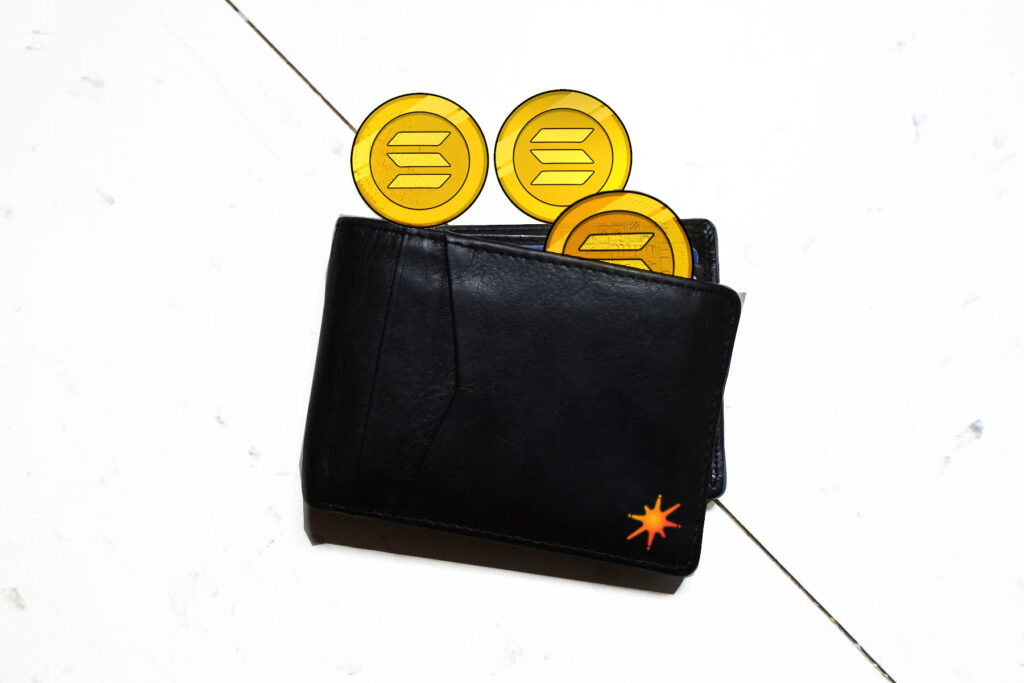
Solflare, a Solana network wallet, reported on Monday that its customers can now pay higher gas prices to bypass traffic load on the blockchain.
According to the company’s CEO, Vitor Gencel, Solflare is the first business to implement the priority fees feature in a user-friendly way. In a Tweet, he also spoke about how the in-wallet transfers will be prioritized automatically, according to the current market price for fees. This measure ensures user’s that their transactions are included faster than regular wallets.
“Solflare will automatically detect whether the network is under load and slightly increase fees to prioritize your transaction over others,” Solflare wrote in another Tweet. “When it matters the most, your transactions will go through and be fast.”
Solflare will now automatically decide if the Solana Network is overburdened and will modestly increase fees to prioritize some transactions over others.
The new addition is another well-welcomed feature to the $SOL Community, who’s blockchain has had its share with congestion issues in the past. In 2022, the crypto network experienced a temporary shutdown that lasted for multiple hours, due to congestion in the network.
This is also not the first time that Solana Labs worked around fees as a way for improving the blockchain. In May of 2022, the company implemented the “neighborhood fees” feature.
The name is taken from a common fee implementation in communities where homeowners pay to cover the cost of maintaining common areas and amenities.
The method works similarly in the blockchain, where fee prioritization would only impact a pool of investors, and not the entire blockchain.
What is The Importance of Fees For a Blockchain?
Fees are an important aspect of the cryptocurrency ecosystem, as they help to ensure the proper functioning of the network.
In a decentralized network, such as Solana, fees are used to compensate the users who validate transactions and also maintain the network. Without fees, the network could be congested by spam transactions and become less reliable.
In addition, fees can also be used to prioritize certain types of transactions over others, such as priority transactions or smart contract execution. Overall, fees play a critical role in maintaining the security, reliability, and scalability of a blockchain.






